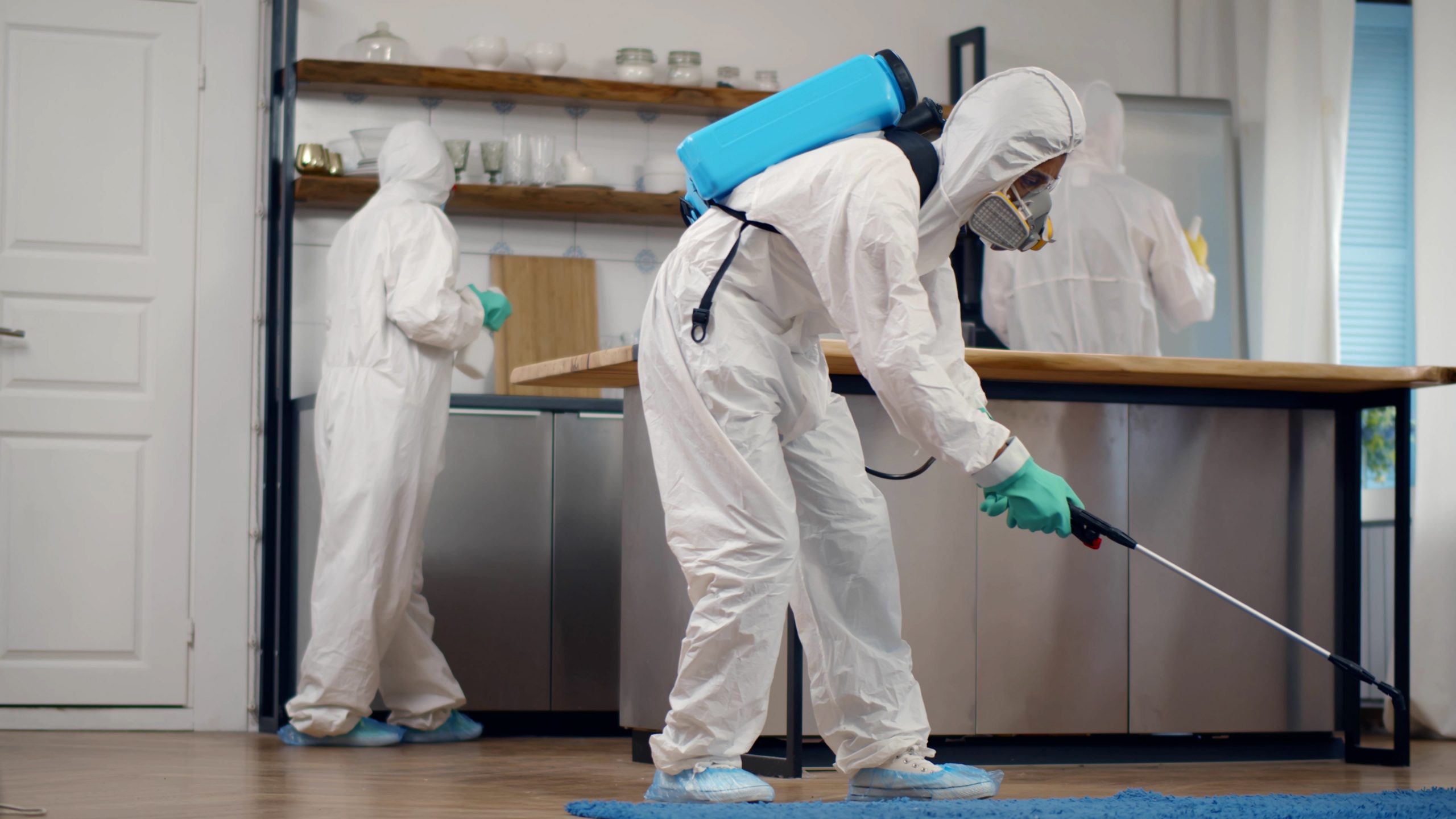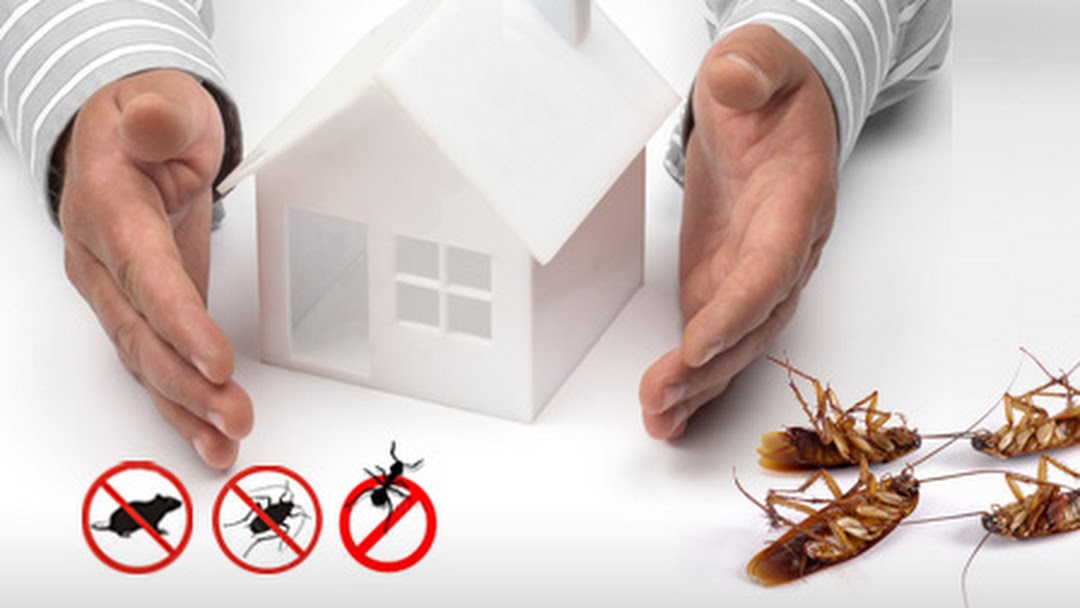Trusted Exterminator Coquitlam Services for Effective Pest Management
Safe and Reputable Bug Control for Lasting Defense
Efficient bug monitoring calls for a complex approach that balances ecological integrity with the need for reliable insect reductions. The nuances of these methods might not be quickly clear, motivating a better evaluation of the practices that can lead to sustainable bug control outcomes.
Comprehending Pest Control Approaches
Insect control incorporates a variety of techniques aimed at managing and getting rid of unwanted pests and rodents that can endanger both health and residential property. Understanding these approaches is vital for effective parasite management.
The main groups of pest control techniques include mechanical, organic, and chemical approaches. Mechanical techniques entail physical obstacles and traps to stop pest access and capture unwanted species. Utilizing screens on home windows or utilizing sticky catches can dramatically reduce pest populations without introducing harmful substances - exterminator coquitlam.

Chemical insect control is typically the most recognized method, making use of chemicals to get rid of pests. These chemicals can be reliable however need to be used with care to avoid negative effects on non-target varieties and the atmosphere.
Benefits of Eco-Friendly Solutions
Just how can environmentally friendly remedies transform insect control techniques? The fostering of environmentally friendly bug control methods provides many advantages, considerably boosting the performance and safety and security of insect administration.

An additional advantage is the positive effect on local biodiversity. Environmentally friendly solutions are developed to target certain bugs while protecting beneficial pests and wild animals, advertising a balanced community. This method aligns with the expanding customer need for sustainable techniques, improving the track record of insect control providers.
Integrated Parasite Administration Approaches
The application of eco-friendly options naturally leads to the fostering of Integrated Bug Administration (IPM) strategies, which better boost insect control efficacy. IPM is an alternative method that combines numerous strategies to take care of bug populations while decreasing environmental influence. This technique stresses making use of organic, cultural, mechanical, and chemical controls, making certain a balanced and lasting method of bug management.
One basic aspect of IPM is the extensive assessment of bug task and environmental problems. By keeping track of parasite populations and recognizing their life process, specialists can execute targeted interventions that interfere with the parasite's habitat or lifecycle, lowering reliance on chemical pesticides. Furthermore, social practices such as crop rotation and environment manipulation can dramatically decrease bug facility and recreation.
Another important component is making use of organic control representatives, such as advantageous bugs or microbes, which can normally reduce parasite populaces. When chemical applications are needed, IPM prioritizes the use of low-risk chemicals and applies them precisely, lessening direct exposure to non-target organisms and humans.
Incorporating IPM techniques not only boosts parasite control effectiveness but also promotes a safer ecosystem, straightening with the growing demand for sustainable practices in pest management.
Safe Practices for Property Owners
Comprehending the value of secure techniques in parasite control can encourage home owners to effectively manage bug issues while guarding their health and the environment. Implementing safe approaches and safety nets is important in lessening direct exposure to hazardous chemicals.
Home owners must first assess their setting for conditions that bring in bugs, such as standing food, water, and mess waste. Regularly cleansing and sealing entrance factors can deter insects from attacking the home. Using natural deterrents, such as important oils or diatomaceous planet, can provide efficient choices to chemical pesticides.
When chemical treatments are essential, property owners need to opt for items that are specifically identified as secure for property usage. It is necessary to adhere to application guidelines thoroughly to stay clear of overexposure. Utilizing targeted therapies in areas where pests are determined, instead than covering spraying, can substantially minimize chemical usage.
Finally, preserving open communication with insect control experts is essential. Homeowners ought to ask regarding the safety and security of items made use of and demand environment-friendly choices whenever feasible. By embracing these secure techniques, home owners can develop a much healthier living setting while effectively managing pest issues.

Tips for Long-Term Protection
Establishing an insect administration technique that highlights long-lasting security can significantly improve the efficiency of the risk-free methods previously talked about. To accomplish this, homeowners should implement normal assessments of their residential property, concentrating on hidden areas such as attic rooms, basements, and crawl spaces. Early detection of insect activity is important in stopping infestations from taking hold.
These practices decrease attractants that attract parasites into the home. Securing access factors, such as fractures around home windows and doors, can successfully block possible insect access.
Landscaping needs to likewise be considered; maintaining plants non toxic pest control trimmed and preserving a range in between vegetation and the home lessens concealing places for bugs. Utilizing natural deterrents, such as important oils or diatomaceous earth, can better dissuade invasions without considering severe chemicals.
Finally, teaming up with a professional bug control solution for periodic assessments can give an added layer of safety. These specialists can supply customized recommendations and advanced therapies, guaranteeing that your home remains secured versus bugs in the lengthy term.
Verdict
Finally, read more safe and trusted pest control requires a multifaceted approach that emphasizes environmentally friendly techniques and incorporated bug administration. By carrying out all-natural deterrents, carrying out regular evaluations, and maintaining appropriate cleanliness, homeowner can considerably reduce parasite populaces while shielding valuable insects and the setting. Partnership with expert insect control services boosts the performance of these methods, making certain customized options that offer long lasting protection and satisfaction versus future infestations.
Effective parasite management calls for a diverse approach that stabilizes environmental integrity with the demand for effective bug suppression. The fostering of green insect control methods uses numerous advantages, considerably enhancing the performance and security of parasite administration.The execution of environment-friendly solutions normally leads to the fostering of Integrated Parasite Management (IPM) approaches, which even more improve insect control efficiency. exterminator coquitlam. By monitoring pest populaces and identifying their life cycles, more info here experts can execute targeted treatments that interfere with the insect's environment or lifecycle, reducing reliance on chemical pesticides.In verdict, safe and trusted parasite control requires a diverse strategy that emphasizes environment-friendly techniques and incorporated parasite management